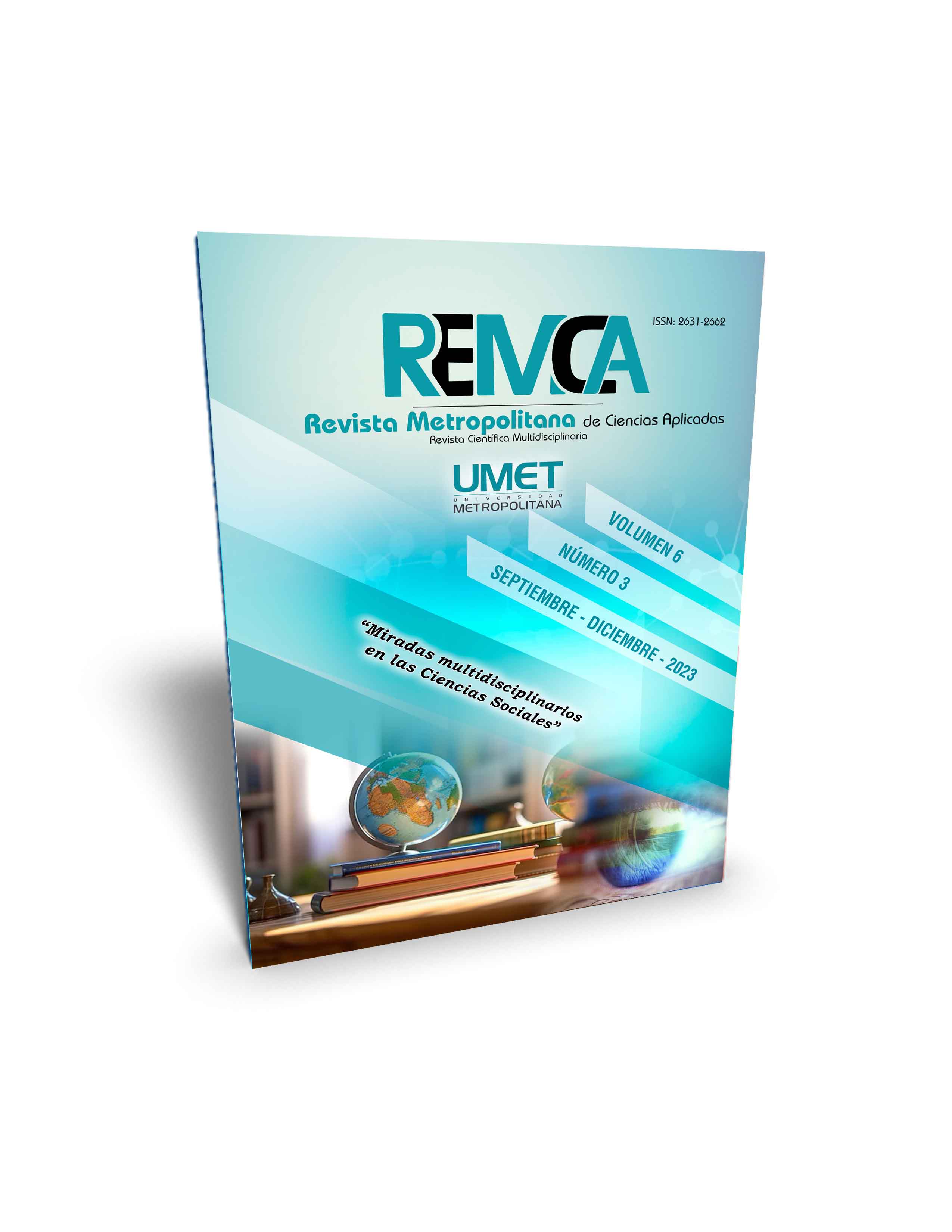Principle of congruence in the ecuadorian criminal process
DOI:
https://doi.org/10.62452/ztjqfr12Keywords:
Congruence, imputation and sentence correlation, formulation of charges, accusation, right of defenseAbstract
The present study addresses the issue of consistency in the Ecuadorian criminal process, taking as a starting point the difficulties and theoretical debates that are still presented in the order of their practical application from the implementation of the accusatory system of prosecuting that Ecuador has adopted. Consistency, centered on the correlation between the accusation made by the prosecutor and the sentence handed down by the judge, constitutes a guarantee of impartiality of the judges and the exercise of the right to defense, which is part of due process and the right to be tried before a third party not committed to the investigation and prosecution. It was established as a general objective to determine the basic requirements so that the principle of congruence is considered fulfilled and as specific objectives, to identify the moment in which the object of the process is set and to evaluate the limits that are imposed on the judge as a result of the imputation correlation. judgment. Through the legal research methodology, it was possible to establish that consistency requires the coincidence between the facts of the accusation, as well as the legal qualifications imputed by the accuser and, on the other hand, it was determined that, although the accusation sets the object of the process, from the formulation of charges the defendant knows the facts from which he must defend himself and this content cannot be modified by the judge at any other subsequent procedural moment.
Downloads
References
Ávila Correa, C. A. (2017). El Principio de Congruencia y su aplicación en el Sistema Acusatorio Oral Ecuatoriano. (Trabajo de titulación). Universidad Técnica Particular de Loja.
Ayarragaray, C. (1962). Lecciones de Derecho Procesal, Buenos Aires, Editorial Abeledo-Pe. Editorial Abeledo-Perrot.
Bovino, A. (2006). Principio de Congruencia, Derecho de Defensa y Calificación Jurídica. Revista de Derecho Procesal Penal, 249-267.
Cafferata Nores, J. I. (2006). Derecho Procesal. Editorial Intellectus.
D'Onofrio, P. (1945). Lecciones de derecho procesal civil: parte general. Jus.
Ecuador. Asamblea Nacional Constituyente. (2008). Constitución de la República del Ecuador. Registro Oficial No. 449. https://www.oas.org/juridico/pdfs/mesicic4_ecu_const.pdf
Ecuador. Asamblea Nacional. (2014). Código Orgánico Integral Penal. Quito: Última Reforma: Suplemento del Registro Oficial 222. https://www.defensa.gob.ec/wp-content/uploads/downloads/2021/03/COIP_act_feb-2021.pdf
Gómez Orbaneja, E. (2009). Derecho y Proceso. Civitas.
Ledesma, Á. (2005). Objeto del Proceso Penal: momento en que se define. LexisNexis .
Maier, J. B. (2016). Derecho Procesal Penal Argentino.Tomo I. Ad Hoc.
Prieto Castro, L. Y. (1989). Derecho Procesal Penal. Editorial TECNUS. S.A.
Prieto Sanchís, L. (2011). Garantismo y derecho penal. Iustel.
Quiroz Castro, C. E. (2014). El principio de congruencia y su relación con la acusación y la sentencia. (Tesis de Maestría). Universidad Andina Simón Bolívar.
Radbruch, G. (2017). Introducción a la Ciencia del Derecho. Ediciones Jurídias Olejnik.
Rioja Bermúdez, A. (2015). Ejecución anticipada de la sentencia en el Proceso Civil. (Tesis doctoral). Universidad de Jaén:
Seguí, E. (2010). Imputación, Congruencia y Nulidad en el Proceso Penal. Nova Tesis .
Vanegas, A. (2011). El principio de congruencia. Según la Sala de Casación Penal de la Corte Suprema de Justicia en el marco del Sistema Penal Acusatorio colombiano 2005 - 2010. Universidad Libre.
Von Beling, E. (2018). Derecho Procesal Penal. Ediciones Jurídicas Olejnik.
Downloads
Published
Issue
Section
License
Copyright (c) 2023 Ivonne Paulette Rueda-Chuquirima, Wilmer Anthony Coello-Guzmán, Guido Miguel Ramírez-López (Autor/a)

This work is licensed under a Creative Commons Attribution-NonCommercial-ShareAlike 4.0 International License.
Authors who publish in Revista Metropolitana de Ciencias Aplicadas (REMCA), agree to the following terms:
1. Copyright
Authors retain unrestricted copyright to their work. Authors grant the journal the right of first publication. To this end, they assign the journal non-exclusive exploitation rights (reproduction, distribution, public communication, and transformation). Authors may enter into additional agreements for the non-exclusive distribution of the version of the work published in the journal, provided that acknowledgment of its initial publication in this journal is given.
© The authors.
2. License
The articles are published in the journal under the Creative Commons Attribution-NonCommercial-ShareAlike 4.0 International License (CC BY-NC-SA 4.0). The terms can be found at: https://creativecommons.org/licenses/by-nc-sa/4.0/deed.en
This license allows:
- Sharing: Copying and redistributing the material in any medium or format.
- Adapting: Remixing, transforming, and building upon the material.
Under the following terms:
- Attribution: You must give appropriate credit, provide a link to the license, and indicate if any changes were made. You may do this in any reasonable manner, but not in any way that suggests the licensor endorses or sponsors your use.
- NonCommercial: You may not use the material for commercial purposes.
- ShareAlike: If you remix, transform, or build upon the material, you must distribute your creation under the same license as the original work.
There are no additional restrictions. You may not apply legal terms or technological measures that legally restrict others from doing anything the license permits.




